Dolomite is a versatile sedimentary rock that is widely used in various industries due to its unique composition and beneficial properties. With its abundant reserves and multiple applications, dolomite mineral offers a promising potential for businesses worldwide. In this article, we will delve into the details of dolomite mineral, its characteristics, and the industries that can benefit from its usage. What is Dolomite? Dolomite, also known as calcium magnesium carbonate, is a mineral compound consisting of calcium carbonate (CaCO3) and magnesium carbonate (MgCO3). It is usually found in sedimentary rock formations and is a significant component of dolostone (also known as dolomite rock) and limestone.
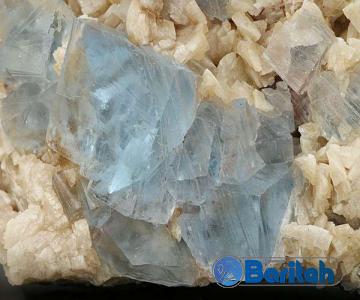
.
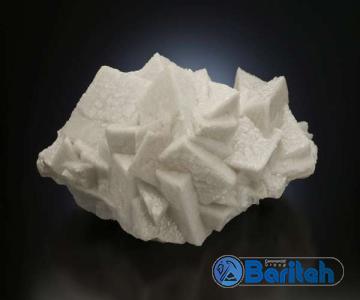 Characteristics and Formation: Dolomite is distinguished by its white, gray, or pinkish coloration and its relatively soft nature, ranking between 3.5 and 4 on the Mohs scale of hardness. It is often found as aggregates or rhombohedral crystals. Dolomite is formed through a process called diagenesis, where magnesium-rich groundwater interacts with calcium carbonate-rich sediments for an extended period. This leads to the replacement of calcium ions with magnesium ions, resulting in the formation of dolomite. Applications in Various Industries: 1. Construction Industry: Dolomite plays a crucial role in the construction industry due to its exceptional compressive strength and high durability. It is commonly used as a building material, especially in the production of concrete and asphalt. Dolomite aggregates are used as a base material for roads, sidewalks, and foundations, providing stability and longevity to structures.
Characteristics and Formation: Dolomite is distinguished by its white, gray, or pinkish coloration and its relatively soft nature, ranking between 3.5 and 4 on the Mohs scale of hardness. It is often found as aggregates or rhombohedral crystals. Dolomite is formed through a process called diagenesis, where magnesium-rich groundwater interacts with calcium carbonate-rich sediments for an extended period. This leads to the replacement of calcium ions with magnesium ions, resulting in the formation of dolomite. Applications in Various Industries: 1. Construction Industry: Dolomite plays a crucial role in the construction industry due to its exceptional compressive strength and high durability. It is commonly used as a building material, especially in the production of concrete and asphalt. Dolomite aggregates are used as a base material for roads, sidewalks, and foundations, providing stability and longevity to structures.
..
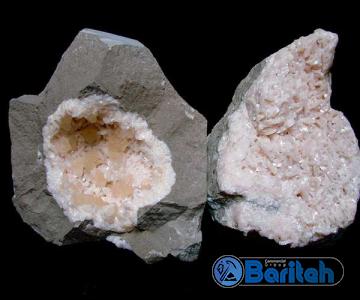 2. Steel Industry: Dolomite is an essential fluxing agent in the steel industry. It helps remove impurities during the steel production process and acts as a desulfurizing agent. Dolomite’s high magnesium content enhances the hardening qualities of steel, making it an indispensable element in steel manufacturing. 3. Agriculture Industry: Dolomite is widely used in agriculture and horticulture as a soil conditioner. It regulates soil pH levels, improving the availability of nutrients for plants and enhancing their growth. Dolomite also acts as a magnesia and calcium source, supplementing the soil with essential elements necessary for crop health. 4. Glass Industry: The glass industry finds dolomite valuable for its ability to produce high-quality glass products.
2. Steel Industry: Dolomite is an essential fluxing agent in the steel industry. It helps remove impurities during the steel production process and acts as a desulfurizing agent. Dolomite’s high magnesium content enhances the hardening qualities of steel, making it an indispensable element in steel manufacturing. 3. Agriculture Industry: Dolomite is widely used in agriculture and horticulture as a soil conditioner. It regulates soil pH levels, improving the availability of nutrients for plants and enhancing their growth. Dolomite also acts as a magnesia and calcium source, supplementing the soil with essential elements necessary for crop health. 4. Glass Industry: The glass industry finds dolomite valuable for its ability to produce high-quality glass products.
…
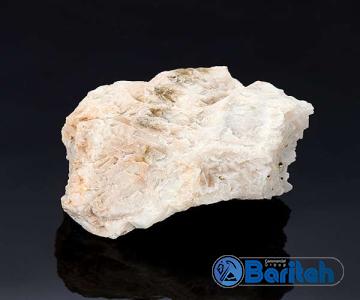 Dolomite serves as a fluxing agent, lowering the melting point of silica, thus reducing energy consumption during glass manufacturing. It also improves the glass’s chemical stability and resistance to weathering. Conclusion: Dolomite mineral offers a wide range of applications across multiple industries, making it a valuable resource for businesses globally. Its abundance, along with its beneficial properties, such as high compressive strength, durability, and pH regulation, make it a sought-after material in construction, steel, agriculture, and glass production industries. As the industrial sector continues to grow, the demand for dolomite is expected to rise, presenting lucrative opportunities for businesses involved in its extraction, processing, and trade.
Dolomite serves as a fluxing agent, lowering the melting point of silica, thus reducing energy consumption during glass manufacturing. It also improves the glass’s chemical stability and resistance to weathering. Conclusion: Dolomite mineral offers a wide range of applications across multiple industries, making it a valuable resource for businesses globally. Its abundance, along with its beneficial properties, such as high compressive strength, durability, and pH regulation, make it a sought-after material in construction, steel, agriculture, and glass production industries. As the industrial sector continues to grow, the demand for dolomite is expected to rise, presenting lucrative opportunities for businesses involved in its extraction, processing, and trade.
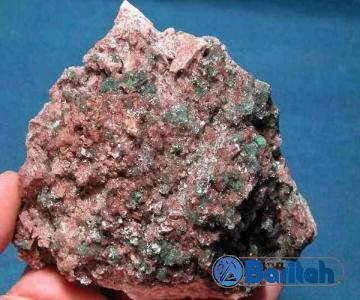

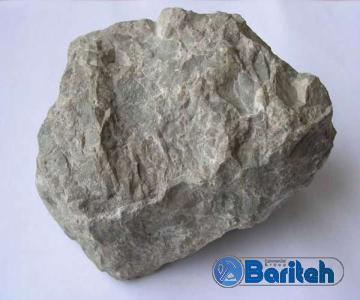
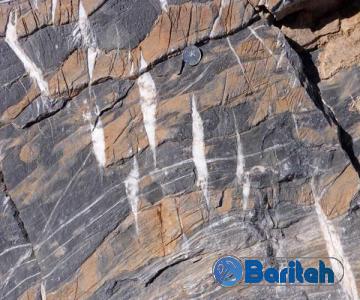
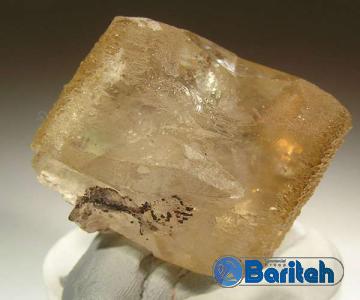
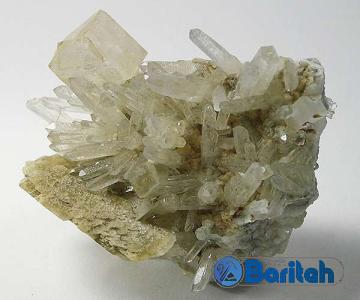
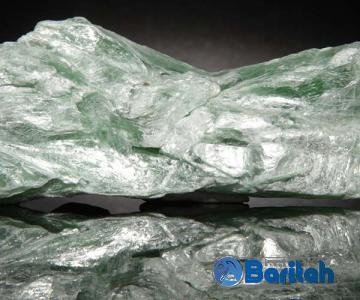
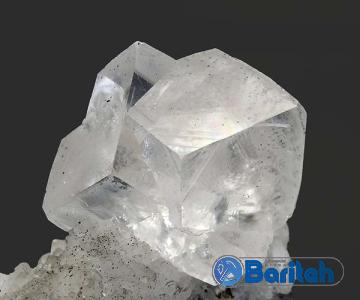
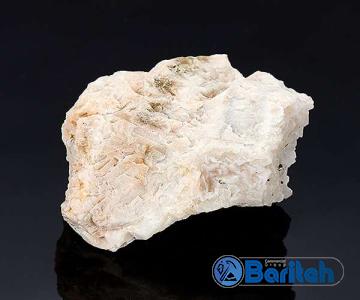
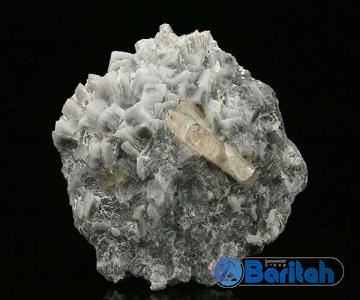
Your comment submitted.